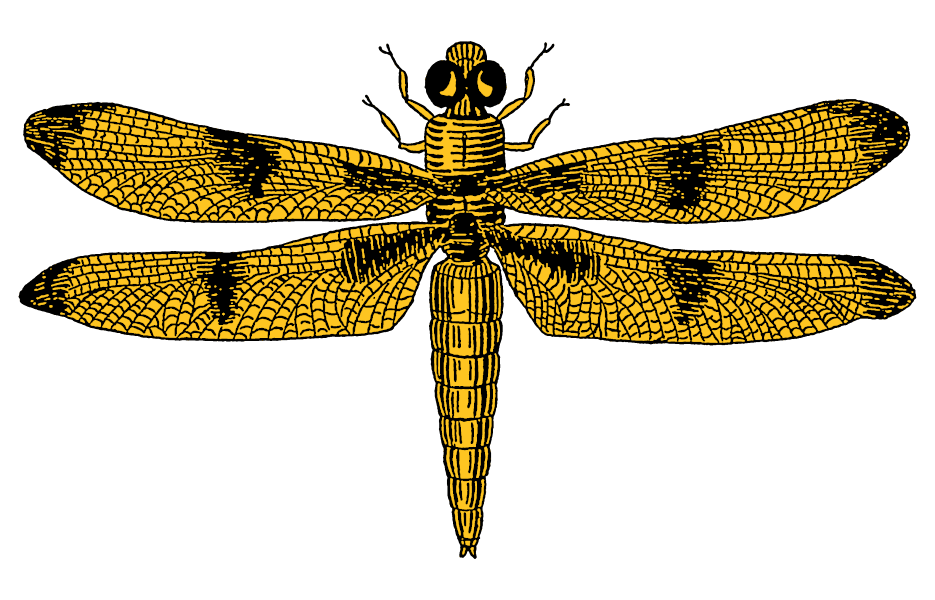The weekend over, we left your parent’s house,
and drove home in the rain,
tense and tired to our bones
from your father’s opinions about the government,
from your mother’s mild but persistent interrogations,
from your little brother and his dog Cheyanne,
both joyful, but barking desperate for attention.
Neither of us said anything,
you with your arms crossed in the passenger seat,
me with hands white-knuckled on the wheel,
weary to be home, but with miles to go.
The sun went down, and drove darker
until we rolled along County Road 23,
past a dairy farm and a Baptist church
with a parking lot full of farm trucks,
even though it was getting late
even for country preachers high on hellfire.
Those were the last lights we passed
for miles, until pine trees nuzzled close in the dark
and we hit a patch freshly paved:
new asphalt so dark, so smooth it seemed like
we sailed down a river of night,
a slick of black glass that stretched
to the limits of the high-beams
and seemed as if it might crack beneath the tires.
We were both startled
by the tiny tree frog that popped into the road,
by his little jubilant leap into the rain,
his dance in light and wetness, his happy transit,
and your hand flew to my thigh
as I pressed the brake and slowed to let him pass.
Neither of us said anything,
but your hand settled from tension to comfort
and I eased my grip on the wheel
as the small green wanderer landed safely
in the pine straw piled on the other side of the road,
and then we continued on our way,
but your hand never moved,
not for the next fifty miles until we made it home.
